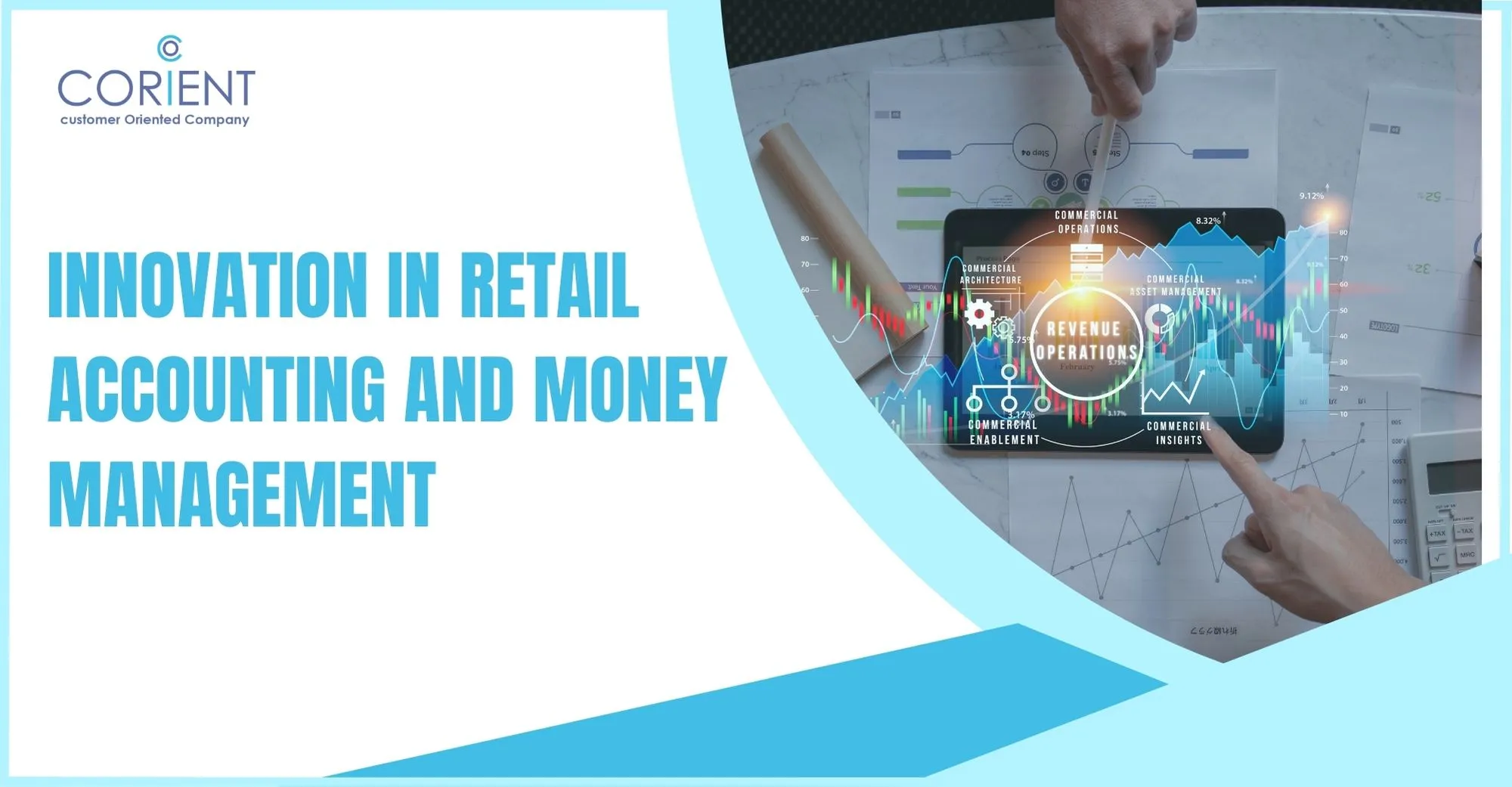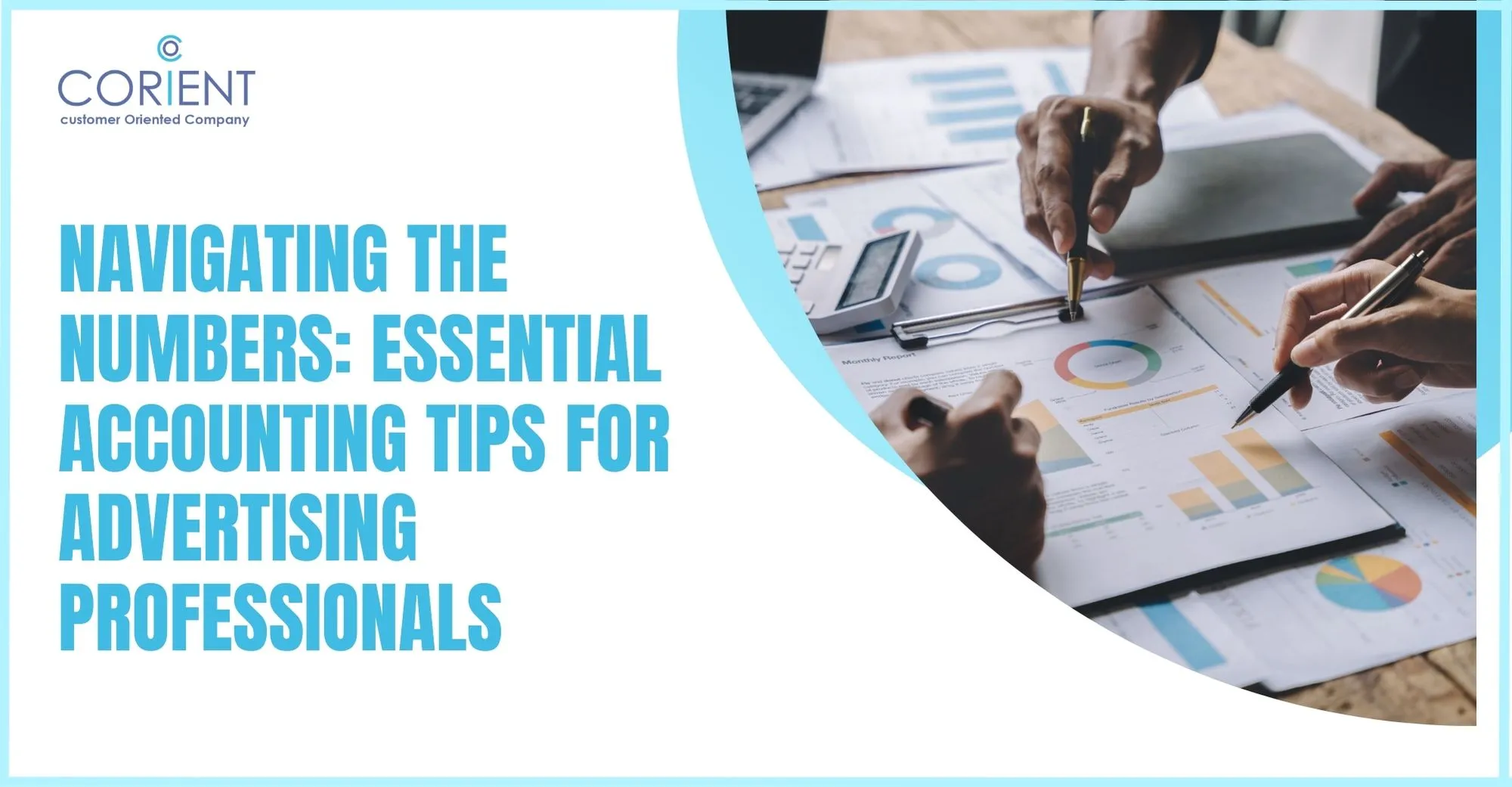There is never a dull moment in the property industry and managing a property can be an exciting and satisfying venture. But amid all the excitement there is one point which sometimes gets neglected i.e., accounting.
Yes, we understand that it is not an exciting part of property management but it is important to note that proper accounting practices are crucial to your success as a property manager. Whether you are a new entry or have experience in the business, understanding how to effectively manage your finances and help your business thrive.
In this blog, we will be sharing some tips on property management accounting. Plus, we will cover the basic bookkeeping principles for dealing with delinquent rent payments and even explore whether outsourcing or having an in-house accountant is right for you.
So, let’s simplify the fiscal maze together!
Understanding the Basics of Property Management Accounting
To understand property management accounting, you will need to understand the basics which means understanding key terms like income, expenses, and cash flow. Income refers to the money you receive from tenants in the form of rent payments, while expenses encompass everything from maintenance costs to property taxes.
Cash flow is one of the important aspects of accounting for property managers. It encompasses tracking how much money is coming in vs how much is going out. Through monitoring of cash flow, you can ensure that you have enough funds to cover expenses and maintain a healthy financial position.
Another important concept in property management accounting is reconciling accounts. This involves likening your bank statements with your records to make sure they align accurately. By doing it regularly, you can identify errors or mismatches proactively and address them promptly.
As a property manager, you will also have to keep all the records of the financial transactions related to your properties. This includes maintaining organized files for invoices, receipts, lease agreements, and more. Having these documents readily available will not only streamline tax preparation but also provide valuable documentation in case any disputes arise with tenants.
By understanding these foundational principles of property management accounting and implementing them consistently into your operations, you’ll be well-equipped for success in this dynamic industry.
The Importance of Proper Bookkeeping for Property Managers
Bookkeeping cannot be ignored by any property manager because accurate and organized financial records are important for making well-versed business decisions. Thus, ensuring compliance with tax regulations and maintaining healthy cash flow.
One of the important benefits of proper bookkeeping is the capability of tracking income and expenses effectively. By recording all the transactions related to your properties, you can monitor the money that is coming in from rent payments vs the money that is going out in terms of maintenance costs or other expenses. This information allows you to identify any discrepancies or potential areas for improvement.
Additionally, keeping detailed records enables you to provide clear financial statements to your clients or investors. These reports help build trust and transparency by showing them exactly where their money is being allocated and demonstrating the overall profitability of their investment.
Another important advantage of accurate bookkeeping is its potential to safeguard against potential legal issues. By keeping meticulous records, you can easily provide documentation if any disputes arise with tenants or contractors regarding payment history or work completed on the property.
Furthermore, proper bookkeeping sets the stage for effective budgeting and forecasting. With access to historical financial data, property managers can anticipate future expenses such as routine maintenance tasks or upcoming lease renewals. This proactive approach enables better planning for cash flow fluctuations throughout the year.
Tips for Tracking Income and Expenses Utilizing Accounting Software
Correctly tracking income and expenses is vital for successful property management. Without accurate financial records, you may struggle to make informed decisions about your properties and potentially miss out on valuable deductions. However, the use of accounting software can simplify this process.
The accounting software ensures all income and expenses are properly categorized. This will help you easily track where your money is coming from and where it’s going. For example, you can create separate categories for rent payments, maintenance costs, utilities, and more.
Another helpful feature of accounting software is the ability to make detailed reports. These reports can provide a complete overview of your property’s financial health, allowing you to identify any areas that need attention or improvement.
Integrating your accounting software with other platforms such as online banking systems or payment processors can streamline data entry and reduce the risk of errors or duplicate entries. Also don’t forget to regularly reconcile your accounts within the software. This involves comparing your recorded transactions with bank statements to ensure accuracy.
By following these tips and taking advantage of modern accounting software solutions tailored for property management professionals, you’ll be well-equipped to effectively track income and expenses while maintaining organized financial records for each property in your portfolio.
Budgeting and Forecasting Future Expenses and Cash Flow
One of the key tasks of a property manager is budgeting and forecasting. By anticipating future expenses and cash flow, you can effectively plan financial strategies and make informed decisions about properties.
Through budgeting, you will create a detailed plan that outlines predictable income and expenses over a specific period. This will help you stay organized and ensure enough funds to cover maintenance, repairs, utilities, insurance, and more.
Along with budgeting goes forecasting to provide a forecast of the financial future of the property. The forecasting of revenue and expenses is possible by analyzing the historical data, market trends, occupancy rates, rental rates, and other factors.
Through accurate budgeting and forecasting, you will be able to identify risks well ahead of time and take necessary actions.
Also, make use of accounting software to simplify the process of budgeting and forecasting. The software is equipped with automated calculations and generates reports on income statements or balance sheets easily accessible for review at any given moment.
Tax Considerations for Property Managers
There is a unique set of tax considerations that a property manager will have to keep in mind. Hence understanding these obligations is important for maintaining compliance and maximizing profits. Here are some key points.
- Deductible Expenses: As a property manager, you can deduct certain expenses related to your business operations, such as advertising costs, maintenance and repairs, insurance premiums, and professional fees.
- Depreciation: Rental possessions are subject to depreciation over time due to wear and tear. This means that you can claim a portion of the property’s value each year as an expense on your taxes. Hence it is important to know the depreciable basis of your property. This can be done by consulting with a tax professional or by using accounting software specialized for property management.
- Rental Income Reporting: Property managers must report rental income received from tenants on their tax returns. It’s vital to maintain precise records of all rental income earned throughout the year.
- Self-Employment Taxes: Property managers who operate as self-employed individuals may be responsible for paying self-employment taxes in addition to regular income taxes. These taxes cover Social Security and Medicare contributions typically paid by employers.
- 1031 Exchanges: Property managers looking to sell investment properties can take advantage of 1031 exchanges, which allow them to defer capital gains taxes by reinvesting sale proceeds into another like-kind property within specific timeframes.
- Tax Professionals Knowledge: Given the complexities involved in property management taxation, property managers should seek guidance from qualified tax professionals who specialize in real estate matters or have experience working with clients in similar industries.
Outsourcing vs In-House Accounting
When it comes to managing the accounting aspect of your property management business, one important consideration is whether to outsource this function or handle it in-house. Each has its own plus points and negatives; hence it is important to evaluate which one of them meets your requirements.
Through outsourcing you can get access to professionals who are experts in property management accounting. They are experts in accounting standards and regulations, making their financial reports accurate. Plus, outsourcing helps save your time and resources which you might have to divert towards hiring and training an in-house team.
On the other hand, through an in-house team, you will get more control over your financial processes, plus you will get immediate access to the required information.
The decision will depend on various factors such as budget constraints, company size, and long-term objectives. Remember that there is no one-size-fits-all solution when it comes to choosing between outsourcing or keeping things in-house.
Conclusion
In this blog we have helped you to understand the nitty-gritties of property management accounting, tips for tracking income and expenses, budgeting and forecasting future expenses and cash flow, and tax considerations. With all these information you will able to manage property management accounting more efficiently. You have an option of managing it in-house or through outsourcing, but managing it in-house divides your attention away from your core business activity. Hence, if you are interested you can opt for outsourcing to a service partner such Corient Business Solutions.
At Corient, we specialize in offering services as per your property management accounting requirements. Our services are designed to give your practice an edge in the market. Upgrade your practice by partnering with us and adding value to your services. Also, our teams have vast experience in multiple payroll applications such as Sage, Brightpay, Xero, Moneysoft, Earnie, Star Payroll, and several others. We can connect at your convenience on a call or online meeting where we can discuss in detail about our services.








